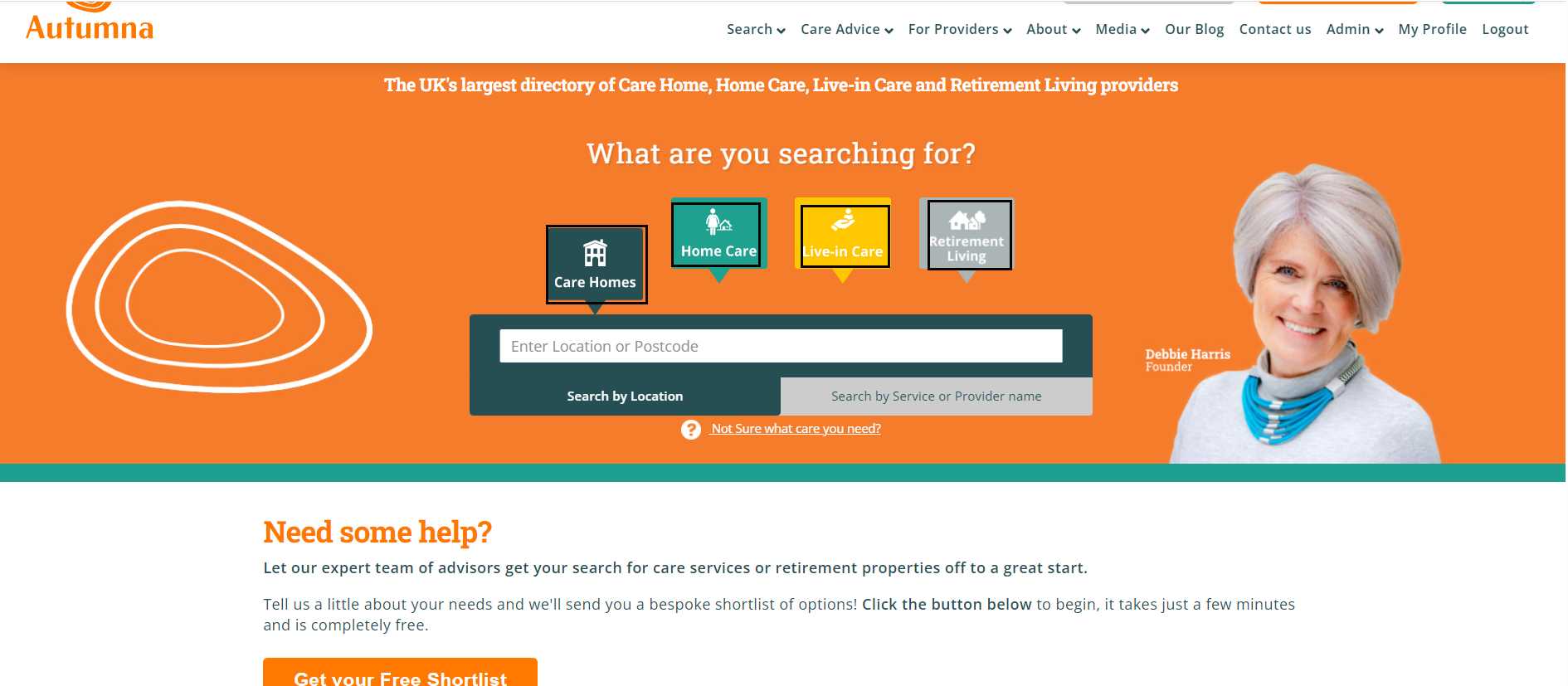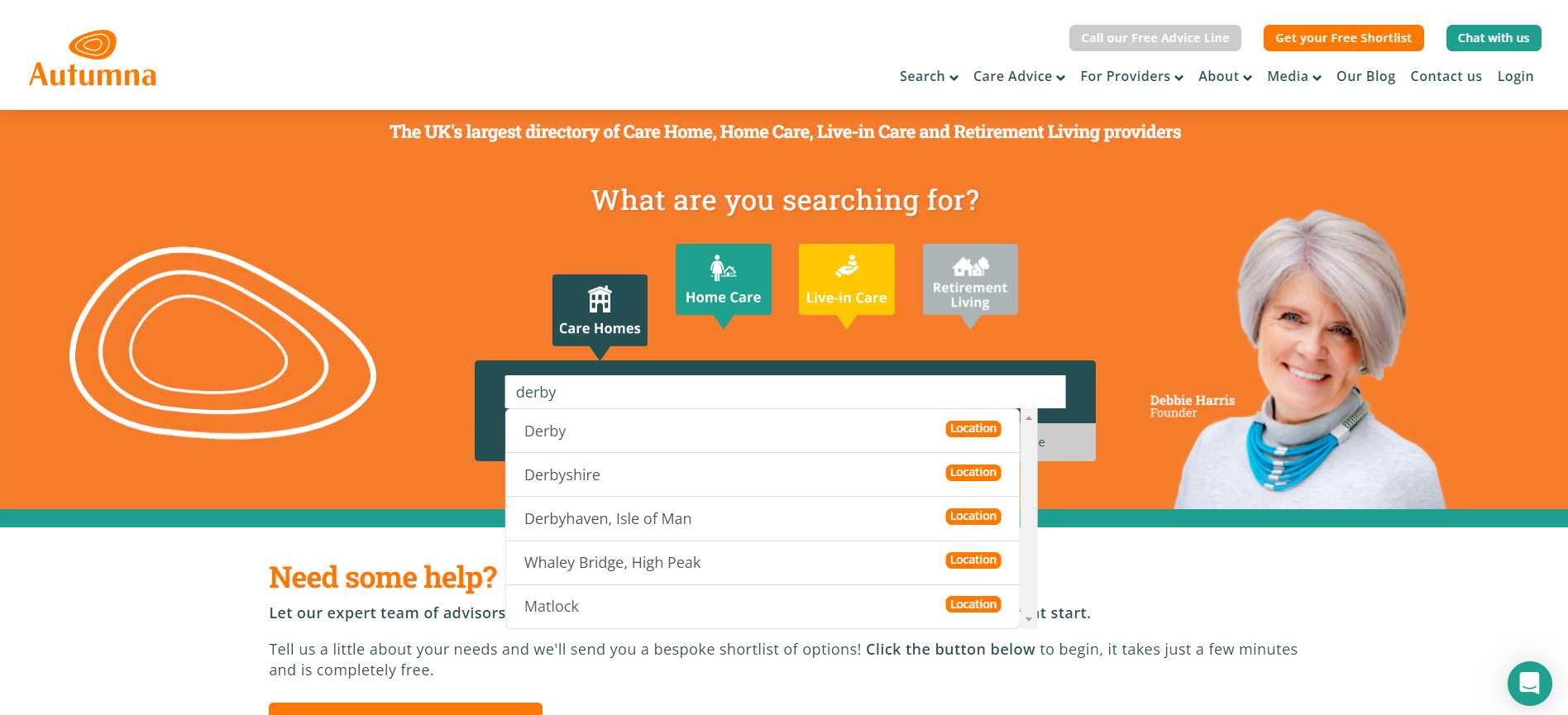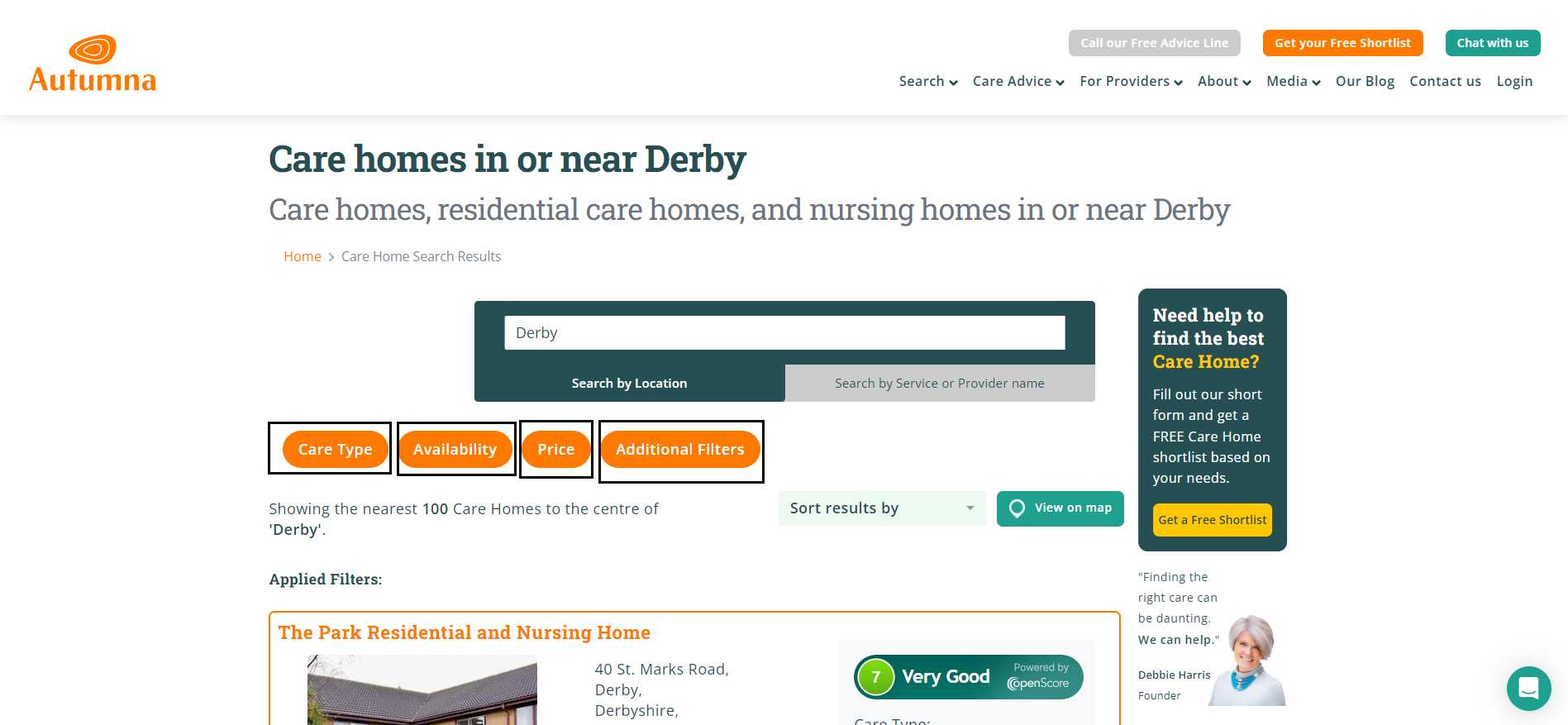Posted by Janine Griffiths
What is a Care Act Assessment?

If you are a care seeker or you are searching for a care provider on behalf of a loved one, then you will probably have heard the phrase ‘Care Act Assessment’ or ‘care assessment.’
Regardless of whether you are entitled to help with care costs or you are self-funding your own care, a Care Act Assessment is usually one of the first steps in the process of identifying the type of care you need and finding a provider.
But exactly what is a Care Act Assessment and how will it inform the decisions you make regarding your care?
We discuss all of this and more below.
Care terminology
Below we look at some of the main terminology that you will come across when identifying the type of care you need.
What is a Care Act Assessment?
The Care Act Assessment is sometimes known as a care needs assessment and is an evaluation carried out by the local authority under the Care Act 2014 in the UK.
Its purpose is to determine an individual's care and support needs, their eligibility for help, and what services may be provided. The assessment takes into account various factors such as physical and mental health, social needs, and personal circumstances.
Care needs
Care needs refer to the specific types of support a person requires to maintain their health, safety, and quality of life. These can include assistance with daily activities such as dressing, bathing, or eating, as well as medical care, emotional support, and social interaction. Care needs vary depending on an individual's condition, and they are typically identified during a formal assessment, such as a Care Act Assessment. Understanding these needs is crucial in determining what type of care or services they will receive.
What is a care plan?
A care plan is a personalised document that outlines the specific care and support an individual will get based on their assessed needs. This is usually created after a Care Act Assessment and it includes provisions for personal care, medical support, and social assistance, ensuring the person’s physical, emotional, and mental health needs are met.
The care plan includes information about who will provide the care, how often, and any associated costs, offering clarity and peace of mind for individuals and their families. It’s a crucial tool in ensuring coordinated and effective care provision tailored to the individual's circumstances.
To learn more about care plans, check out our blog, 'How often should a care plan be reviewed.'
Self-assessment
A self-assessment is a process where individuals evaluate their own care needs, often as a preliminary step before a formal assessment by professionals. This helps individuals identify areas where they need assistance, such as personal care, medication management, or mobility support.
The self-assessment can also give professionals a clearer idea of a person's situation before conducting their own evaluation, making the care planning process more efficient and focused on the individual's perspective.
Support plan
A support plan is a tailored document that outlines how an individual’s care needs will be met following a formal assessment. It details the types of services or resources the person will receive, such as home care visits, medical treatments, or social activities, and specifies how these services will be delivered. The support plan also includes practical details like the frequency of care, who will provide the care, and any costs associated. It is regularly reviewed and updated to reflect any changes in the person’s needs.
How does a Care Act Assessment influence the care you receive?
A Care Act Assessment is a vital step in determining the type and level of support you may be entitled to.
The results of the assessment directly influence the care plan created for you. If you are found eligible, the local authority will work with you to outline the specific services and support you’ll receive. This could include home care visits, specialist care, assistive technology, and even support for unpaid carers such as grants or discounts. The assessment also helps determine any financial contributions you may need to make toward your care.
Ultimately, the Care Act Assessment ensures that the care you receive is tailored to your unique situation, providing the right level of support to enhance your independence and quality of life.
How to get a Care Act Assessment
To get a Care Act Assessment, start by getting in touch with social services at your local council. You can either make the request yourself or on behalf of someone else, like a family member, carer, or healthcare professional. The assessment is free of charge and available to anyone who appears to need care or support, regardless of their financial situation.
Once your request is made, the local authority will arrange for a social care professional to conduct the assessment. This is usually done in person at your home or in another setting that suits you, but it can also be carried out over the phone or online. The assessor will work closely with you to understand your individual needs and circumstances, considering all aspects of your daily life, including any help you already receive.
There’s no need to wait for a crisis to request an assessment—if you or someone you know is struggling with daily tasks, you’re entitled to ask for one. The sooner you apply, the quicker a plan can be put in place to support you.
How to find a care provider that delivers the care you need
If you have had a Care Act Assessment and you are now seeking care, then Autumna can help you find the provider you need. All you need to do is head over to our search directory and select the type of care you need by clicking on one of the care provider category boxes above the search bar.

The next step is to type in your location into the search bar.

It will then bring a list of search results based on the care type and location preferences. After that you will be able to select additional filters that can help you find a care provider that more closely matches your needs.

Our FREE Shortlisting Tool can also help you find a care providers. All you have to do is answer a few questions generated by the tool to get started. Alternatively, you can connect with our team of in-house experts for independent and impartial advice.
Receive a Free Care Provider Shortlist!
Let our expert team of advisers get your search off to a great start.
Tell us a little about your needs and we'll send you a bespoke shortlist of care providers! Click the button below to begin, it takes just a few minutes.
Other articles to read
From the blog

Older Persons Care Advice
Ultimate guide to care homes in Norwich
April 23rd, 2025
Discover the best care homes in Norwich—explore lifestyle-focused options, top-rated services, and how to choose the right home with confidence.

Older Persons Care Advice
How to find an adult day care centre near you
April 22nd, 2025
Looking for an adult day care centre near you? Discover how to find safe, joyful care for your loved one—and support for yourself—on Autumna.

Older Persons Care Advice
How to shortlist care homes in Exeter
April 17th, 2025
Need help shortlisting care homes in Exeter? Learn how to filter options with confidence, compare homes, and find the best fit with Autumna’s free tools.
Frequently Asked Questions
A Care Act Assessment is an evaluation conducted by your local authority to determine your care and support needs. It's designed to assess both physical and mental health as well as social circumstances to ensure you receive the right level of care.
Anyone who appears to need care or support is eligible for a Care Act Assessment, regardless of their financial situation or whether they are self-funding.
You can request a Care Act Assessment by contacting your local council's adult social care department. This can be done by yourself, a family member, or a healthcare professional.
No, the Care Act Assessment is free for anyone who needs care or support, regardless of financial means.
The assessment influences the care you receive by identifying your specific needs and helping to create a care plan that outlines the services and support required, including potential financial contributions.
If you are found eligible for support, a care plan will be created based on your assessment. This will outline the type of care you'll receive, how often, and who will provide it.
Yes, many local authorities offer a self-assessment tool to help you identify your own care needs as a preliminary step before a formal assessment.






